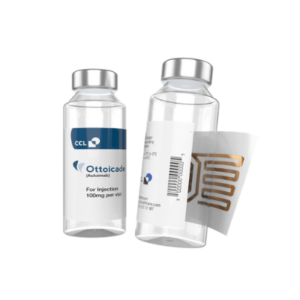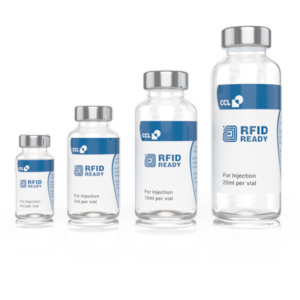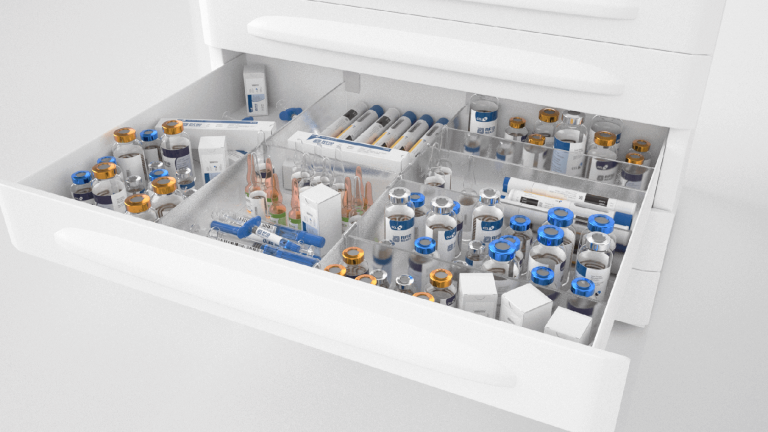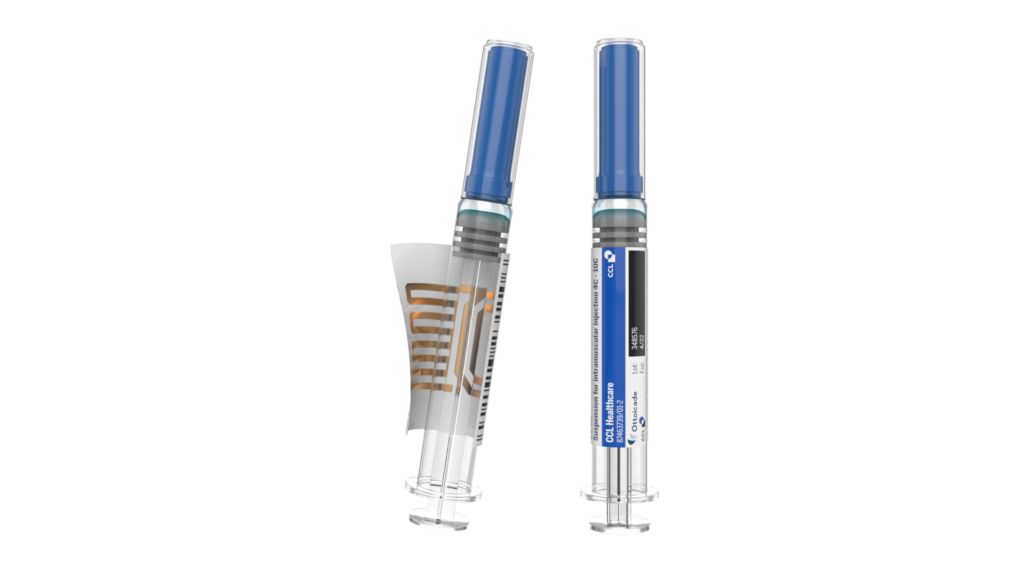Safeguarding Patients:
How RFID Technology Prevents Medication Diversion in Hospitals
Medication diversion, the unauthorized and illegal redistribution of controlled substances within healthcare facilities, poses a significant threat to patient safety and the integrity of the healthcare system. The rise in opioid abuse and drug diversion cases has raised concerns about how hospitals can effectively combat this issue. RFID (Radio Frequency Identification) technology offers a powerful solution to prevent medication diversion within hospitals. In this article, we explore how RFID technology can safeguard patients and maintain the integrity of medication distribution.
1. Enhanced Medication Tracking and Accountability
RFID technology enables individual medication units to be equipped with unique RFID tags, allowing each medication to be identified and tracked throughout its entire journey within the hospital. From the pharmacy to the patient’s bedside, RFID readers can detect and record the movement of medications in real-time. This enhanced tracking and accountability significantly reduces the chances of medication diversion by identifying any unauthorized handling or transfers.

2. Access Control and Authentication

3. Real-Time Alerts and Notifications
RFID systems can be programmed to send real-time alerts and notifications to hospital administrators and security personnel when unusual or suspicious medication handling patterns are detected. For instance, if a medication is repeatedly accessed without being administered to a patient, the system can trigger an alert, prompting an immediate investigation into possible diversion activities.
RFID technology enables individual medication units to be equipped with unique RFID tags, allowing each medication to be identified and tracked throughout its entire journey within the hospital. From the pharmacy to the patient’s bedside, RFID readers can detect and record the movement of medications in real-time. This enhanced tracking and accountability significantly reduces the chances of medication diversion by identifying any unauthorized handling or transfers.

4. Minimization of Human Errors
Human errors, intentional or not, can contribute to medication diversion. RFID technology automates the medication tracking process, reducing the risk of errors in record-keeping and handling. This automation ensures that the chain of custody for medications remains intact and transparent, minimizing opportunities for diversion.

5. Rapid Identification of Diversion Incidents
If a medication diversion incident occurs, RFID technology allows for quick identification of the affected medications and the individuals involved. The detailed tracking data captured by RFID readers can help determine the exact time, location, and personnel responsible for any discrepancies, enabling hospitals to take prompt action and prevent further diversion.
7. Deterrent Effect
The implementation of RFID technology itself acts as a deterrent to potential diversion attempts. Knowing that all medications are closely monitored and tracked may discourage individuals from engaging in illegal practices, safeguarding both patients and hospital staff.
The use of RFID technology is a critical step in preventing medication diversion within hospitals. By enhancing medication tracking, providing real-time alerts, and ensuring strict access control, RFID technology significantly reduces the opportunities for diversion. Hospitals that adopt RFID systems demonstrate a commitment to patient safety, regulatory compliance, and the integrity of their healthcare practices. Embracing this advanced technology not only protects patients but also reinforces trust in the healthcare system, promoting a safer and more secure environment for all stakeholders involved.